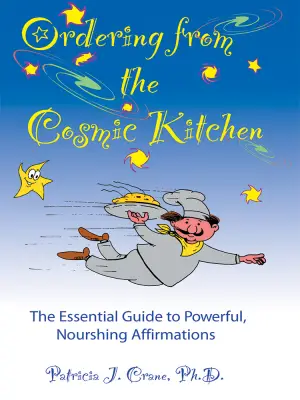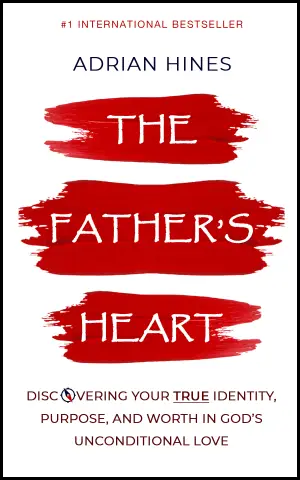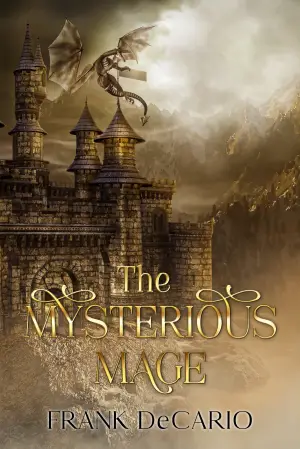A Journey of Art, Love, and Family in The Homemade God
When I first heard that Rachel Joyce, a beloved figure in contemporary literature known for her richly layered narratives, was releasing a new novel titled The Homemade God, I was immediately intrigued. Having been captivated by her previous works, I was eager to dive into a story that promised to dissect the complexities of love, loss, and family dynamics. Little did I know just how deeply this tale would resonate with my own experiences and perceptions of family.
At the heart of The Homemade God lies a tumultuous gathering of the Kemp siblings, drawn together by their 76-year-old father, Vic—a character who is as chaotic as he is endearing. His unexpected announcement of a new love, Bella-Mae, a woman 27 years his junior, sets the stage for a compelling exploration of family relationships. Initially, the siblings’ reactions are laced with disbelief, frustration, and a touch of humor. Joyce masterfully captures their individual struggles: Netta’s legal concerns, Susan’s feelings of obsolescence, and Iris’s belief in Bella-Mae’s positive impact on Vic’s health. Meanwhile, Goose’s cynical predictions add an intriguing layer of complexity as he watches the situation unfold.
The novel’s exploration of grief is particularly haunting. After Vic’s tragic drowning, we meet Bella-Mae once again but in a starkly different light—as a grieving widow. The shifting allegiances among the siblings as they grapple with their father’s death, alongside suspicions surrounding Bella-Mae’s intentions, create a riveting emotional landscape. "She was dealing not simply with the loss of her father, but also her siblings turning into complete strangers," Joyce writes, reflecting the painful truth of familial strife during times of loss. These words struck a chord with me, highlighting how devastating change can fracture even the strongest bonds.
Joyce’s writing style is nothing short of enchanting. Her prose flows with a captivating rhythm, alternating between moments of sharp wit and poignant introspection. The paced reveal of family dynamics and the layered characterization keep readers engaged, urging us to ponder the complexities of love and the vulnerabilities that bind us together. As I read, I appreciated the subtle hints of humor amidst the heavier themes; it’s a testament to Joyce’s ability to balance the light and dark.
One of the most striking aspects of the book is its exploration of perception and truth. Bella-Mae’s enigmatic nature prompts us to question what we see and understand about others. "I like to see things in a different way. I kind of pull them apart to put them back together," she says, and this philosophy seems to echo through every character’s journey. Are they truly seeing her, or are they merely projecting their fears and insecurities onto her? The nuances of trust and betrayal permeate the narrative, ensuring that readers remain on their toes.
In conclusion, The Homemade God is a poignant exploration of love’s many forms and the intricate tapestry of familial relationships. I would recommend this book to anyone who loves character-driven narratives, particularly those who have navigated the complexities of family dynamics. Rachel Joyce has gifted us yet another brilliant piece of storytelling that not only entertains but also invites us to reflect on our own lives. Personally, this novel has reignited my appreciation for the fragility and richness of human connections, making it a truly memorable reading experience.














